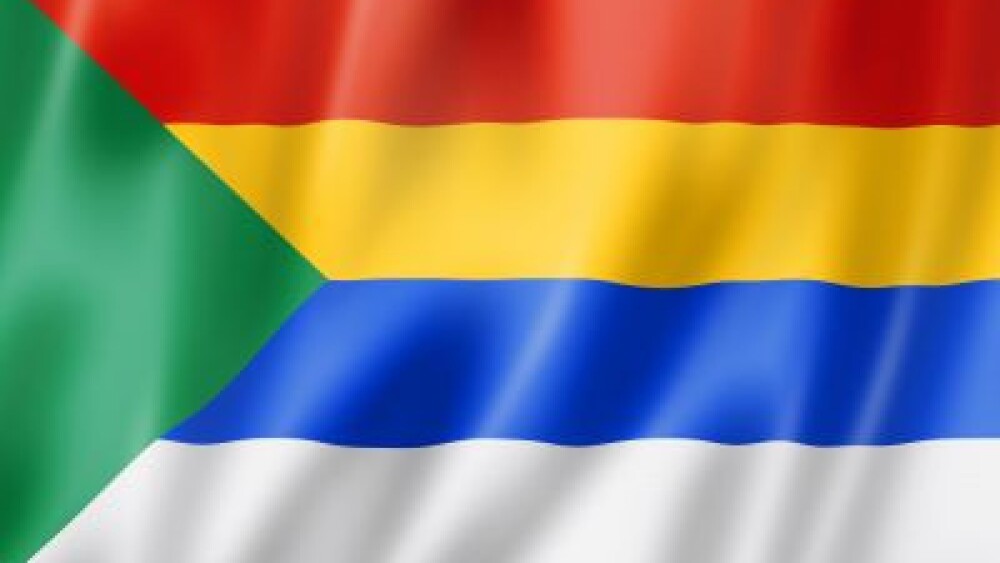The Druze in southern Syria have made significant strides in recent weeks. They declared a unified military force that brought together previously disparate armed groups. At the same time, they rallied behind their spiritual leadership to make clear demands for autonomy and self-determination—all while still reeling from a mid-July onslaught by Sunni militants that left hundreds of civilians dead.
Despite sustained pressure from Syrian government security forces and allied militias, the Druze community’s emergence as a political actor merits careful analysis—not only because they make up only 3 percent of Syria’s population yet exert outsized influence within the country’s new political landscape, but also for their role in reintroducing the question of political transition into international policy debates on Syria.
Their recent mobilization, including appeals to Israel and the international community for protection, was driven by survival instinct.
The Druze’s current stance toward Damascus may appear unrealistic and even maximalist. Yet the unprecedented unity of the community’s three religious leaders—shaped by recent political and security developments—lends their demands greater legitimacy. This is, after all, a largely cohesive community in which spiritual leadership commands deep respect. Their recent mobilization, including appeals to Israel and the international community for protection, was driven by survival instinct. The scale of the recent atrocities generated a profound sense of existential threat for the community.
The Druze currently may find themselves embroiled in a broader regional entanglement, particularly within a competition between Israel and Turkey for influence in Syria. But this dynamic ultimately could pave the way for an autonomous region for them in As-Suwayda province, or at the very least, ensure their survival in the face of an expanding Sunni dominance in Syria. In either case, they must hedge their bets.
This Druze push for self-rule has also prompted them to seek alliances with other communities that resist Islamist rule, particularly the Kurds in the northeast and the Alawites in western Syria. Depending on Syria’s trajectory in the coming months, the Druze, Kurds, Alawites, and other like-minded communities could coalesce into a national platform capable of challenging the Islamist government in Damascus.
However, it would be inaccurate to characterize this political awakening as entirely new, as some within regime circles do, framing it as Druze opportunism against the backdrop of Syrian fragility. Rather, it is a reawakening: The Druze were active even under the Assad regime, advocating for political and economic reforms, and continuing their protests even after the conflict seemed to freeze in much of the country. The escalation of Druze demands is a direct consequence of the new Syrian government’s role in recent massacres and its persistent refusal to engage the community in the political process.
Regardless of whether the Druze’s current demands are fulfilled in the near term, they will play a significant role in shaping Syria’s political future.
Supporters of the interim government blame the Druze for seeking external support from Israel, branding it as treason. Yet most of those same actors embraced their role as Turkish proxies in places such as Idlib, Afrin, and other areas in northern Syria, where Turkish forces, currency, flags, and other symbols of occupation remain pervasive today. Indeed, it was direct Turkish support that brought interim President Ahmed al-Sharaa and his Turkish-backed forces to power in December 2024.
In the Syrian context, securing regional or international backing long has been a defining feature for all major actors of the conflict. For the Druze, seeking support from a regional power such as Israel could prove to be not just strategic but essential for their survival.
In the end, and regardless of whether the Druze’s current demands are fulfilled in the near term, they will play a significant role in shaping Syria’s political future. They are already a force to be reckoned with, and Damascus will ignore that at its peril.








